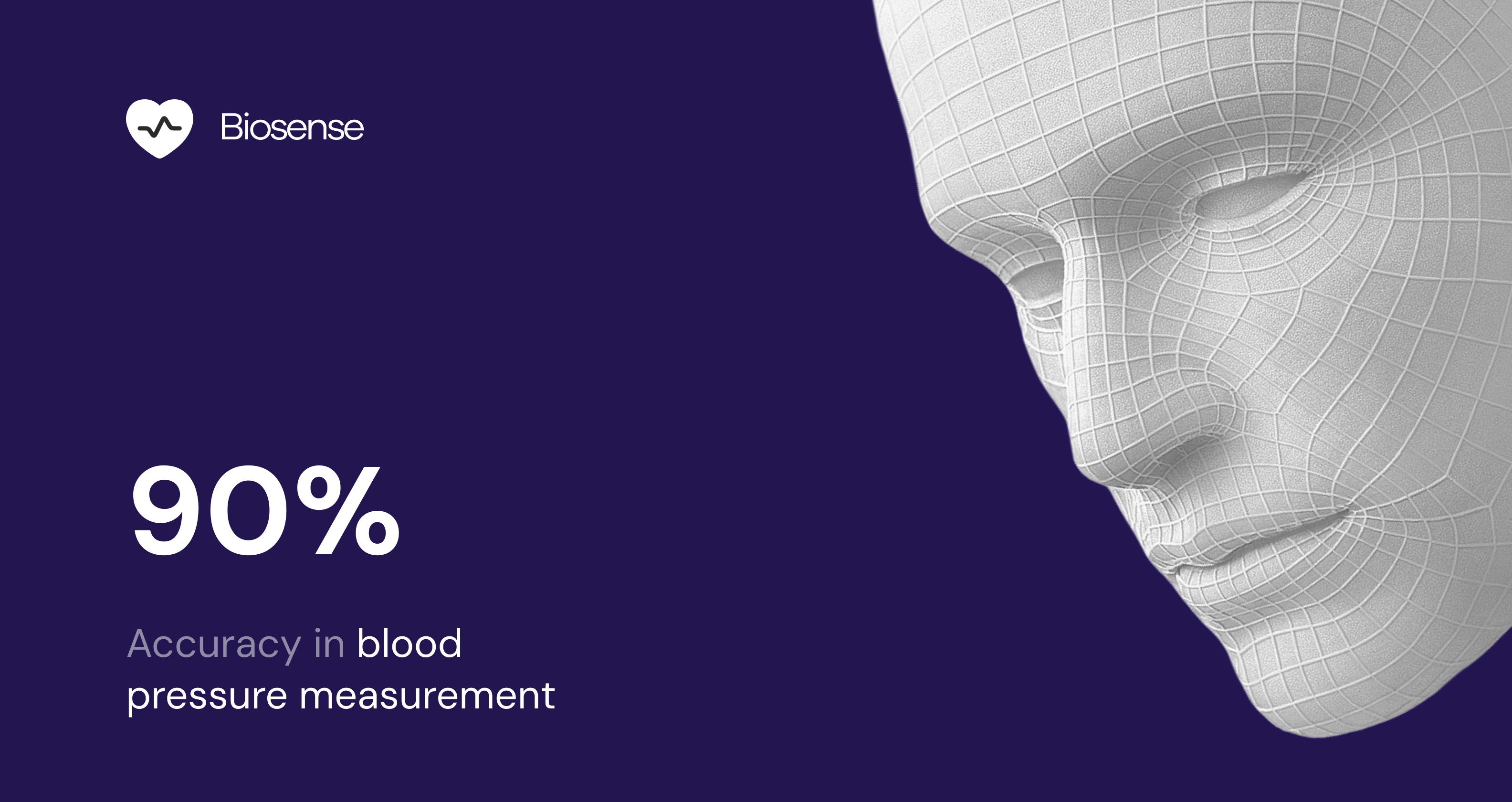This research focuses on improving the classification accuracy of biomedical data using machine learning (ML) through the use of an enhanced cascaded ensemble approach. The proposed method addresses the limitations of existing cascade classifiers, which tend to partition large datasets into equal and unique parts, often leading to insufficient data processing at each level of the cascade. By introducing a novel data sampling technique, this approach forms larger subsamples at each cascade level, leading to better accuracy and generalization. The method is validated through experimental comparisons, showing substantial improvements in classification performance for biomedical data analysis.
Takeaways:
- The proposed cascaded ensemble method improves classification accuracy by using larger subsamples at each cascade level, ensuring more useful information is processed.
- Enhanced generalization properties of the model make it more reliable when applied to diverse biomedical datasets.
- The novel data sampling technique enhances the performance of weak classifiers at each level of the cascade ensemble.
- The experimental results demonstrate a significant increase in the accuracy of biomedical data classification compared to traditional methods.
- This approach is suitable for addressing challenges in biomedical data analysis, such as imbalanced datasets and complex features.








